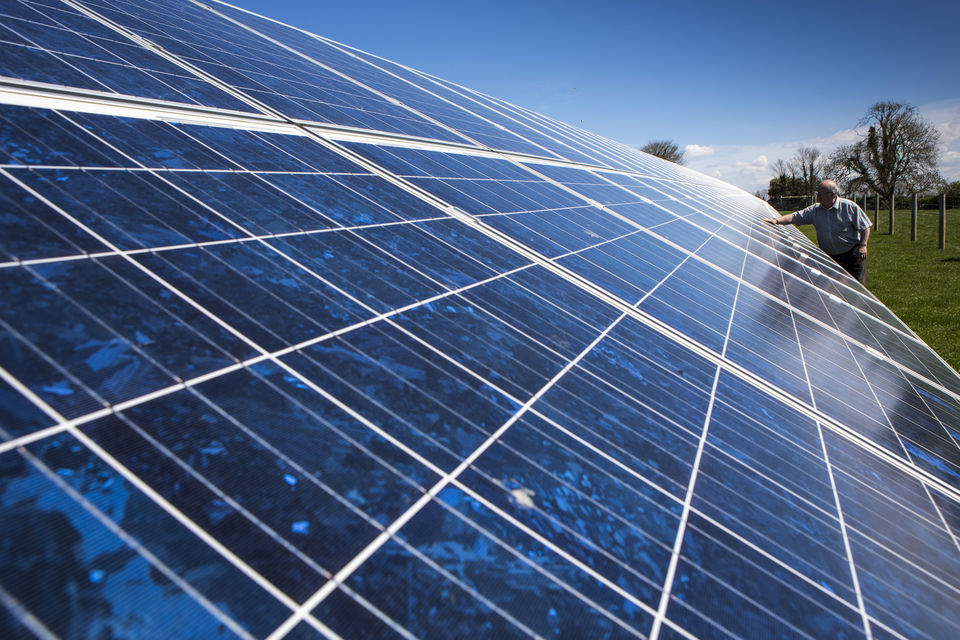Cornwall has some of the best renewable resources in Europe, including sun, wind, tide, wave, geothermal and biomass – yet most of the energy that towns like Wadebridge use comes from far-off energy companies.
Since its creation in 2011 this co-operatively owned social enterprise has rapidly galvanised residents and businesses in the 8,000-strong market town to get involved in generating their own energy – and using it wisely. To date 6.5MW of renewable energy has been installed.
10% of the local population are WREN members
Over 340 kWp solar PV and 500 kW renewable heat installed
Over £300,000 a year being earned or saved
"Key to achieving our low-carbon vision is to teach communities how to generate their own energy and use it more efficiently. WREN has achieved remarkable results in a very short space of time. By demonstrating the tangible financial, environmental and social benefits involved in moving to a low-carbon economy, WREN makes a persuasive case for other towns to get energy smart."
Ashden judging panel






